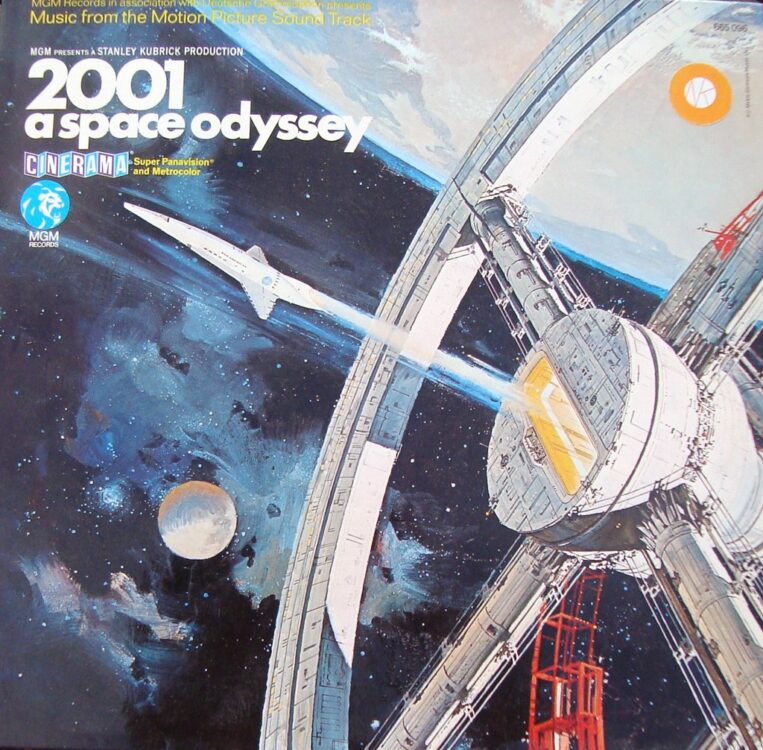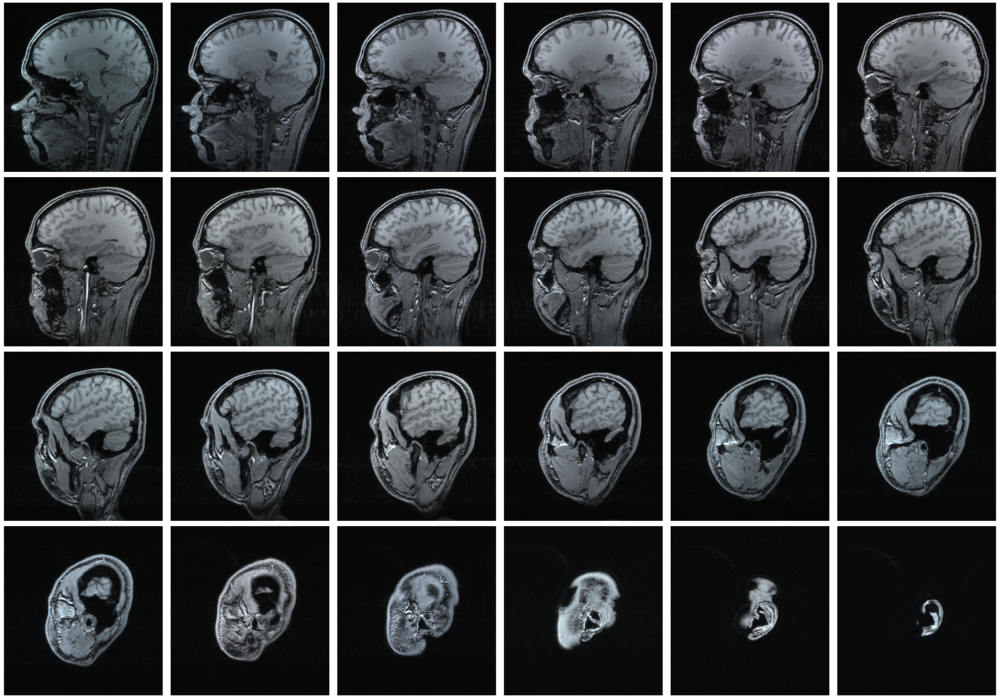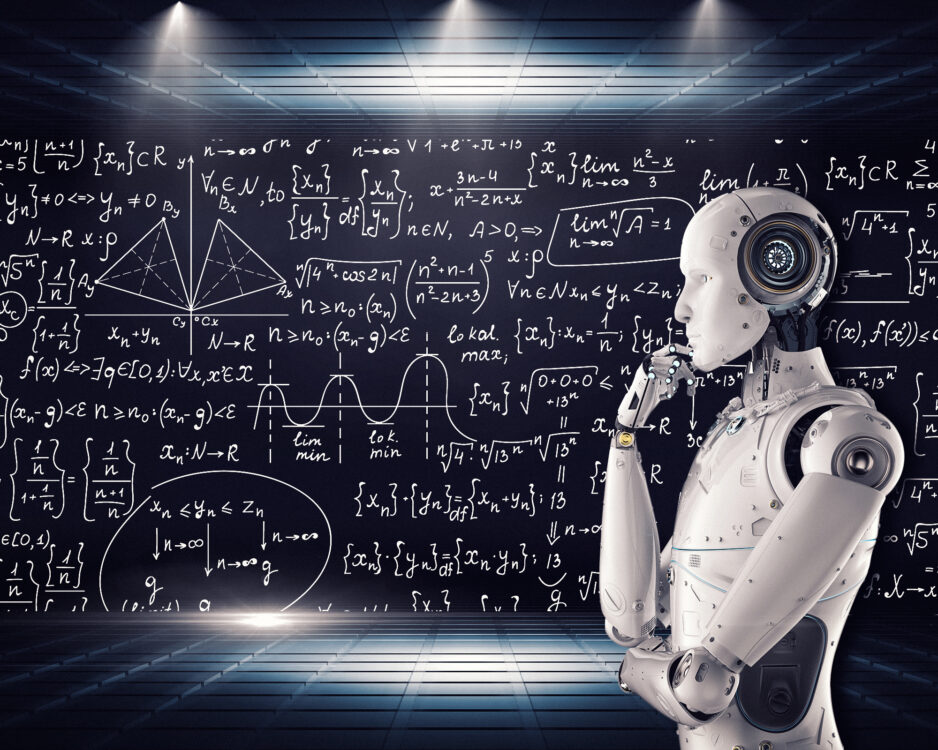Starchild Awaits: The Technology of ‘2001: A Space Odyssey’
You awaken to your Alexa alarm blaring. You ask the virtual assistant for the weather report and a reminder of the day’s appointments. After a quick FaceTime with a friend across the world, you casually scroll past the headline “New SpaceX crew blasts off to International Space Station.” Only 50 years ago, Stanley Kubrick’s cult […]
Starchild Awaits: The Technology of ‘2001: A Space Odyssey’ Read More »








